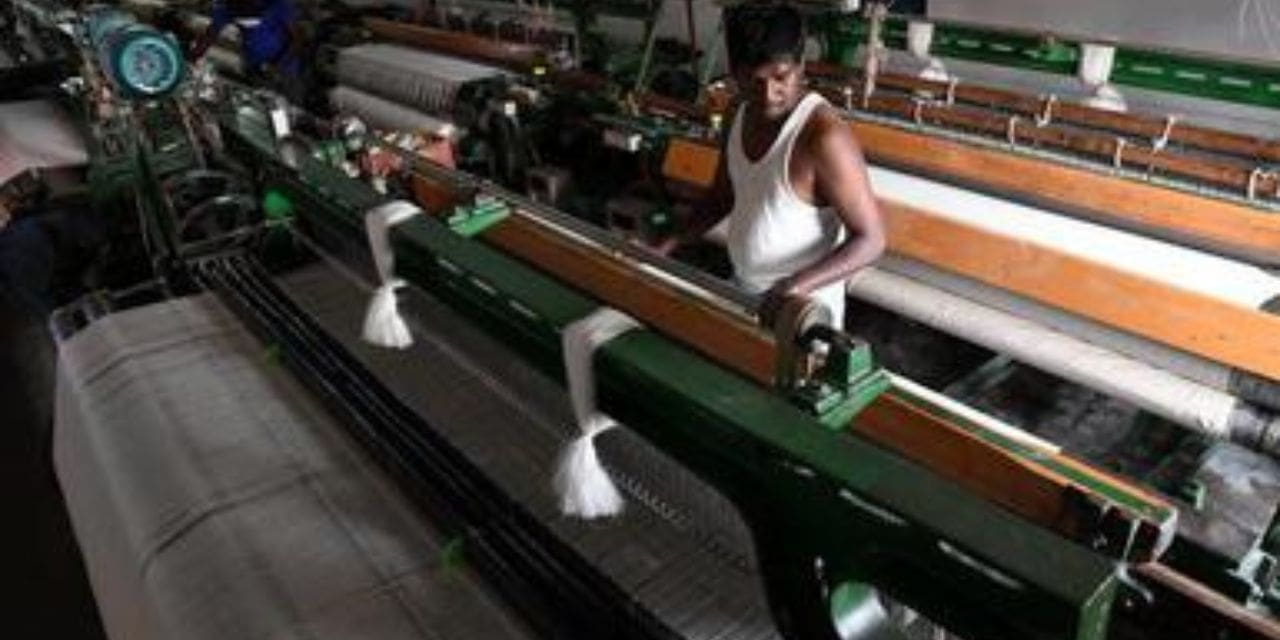The Tamil Nadu Federation of Power looms Associations has expressed concern about the recommendation of the Directorate General of Trade Remedies (DGTR) to impose an anti-dumping duty (ADD) on viscose staple fibre (VSF). In a letter to the Union Minister of Finance, the Federation’s coordinator emphasized the importance of the power loom sector in India, which is the largest woven cloth manufacturing sector and employs around 5 million people. The sector has diversified into manmade fabrics due to the high volatility of cotton prices and the removal of ADD on various textile products, including VSF. The Federation has called on the government to reject the DGTR’s recommendation, which it believes would harm the power loom sector.
The power loom sector in India has been greatly affected by the high volatility in cotton prices, leading the industry to diversify into manmade fabrics such as purified terephthalic acid (PTA), nonethylene glycol (MEG), polyester staple fibre, acrylic fibre, and viscose staple fibre (VSF). The removal of anti-dumping duties on these products has enabled the sector to increase its exports of 100% VSF fabrics, particularly in Tamil Nadu where over 2 lakh power looms have switched to using VSF. The sector has had to import up to 16 million kg of VSF spun yarn per month in addition to domestically produced VSF spun yarn to meet both export and domestic demand.
According to the letter from the Tamil Nadu Federation of Power looms Associations, the Directorate General of Trade Remedies (DGTR) had previously rejected the continuation of the anti-dumping duty (ADD) on viscose staple fibre (VSF) in August 2021. However, the DGTR has now recommended a 28% ADD on VSF, which the Federation believes would protect the interests of only one VSF manufacturer in the country and could lead to the closure of the entire power loom sector, particularly in Tamil Nadu. The Federation has urged the Ministry to reject this recommendation.

